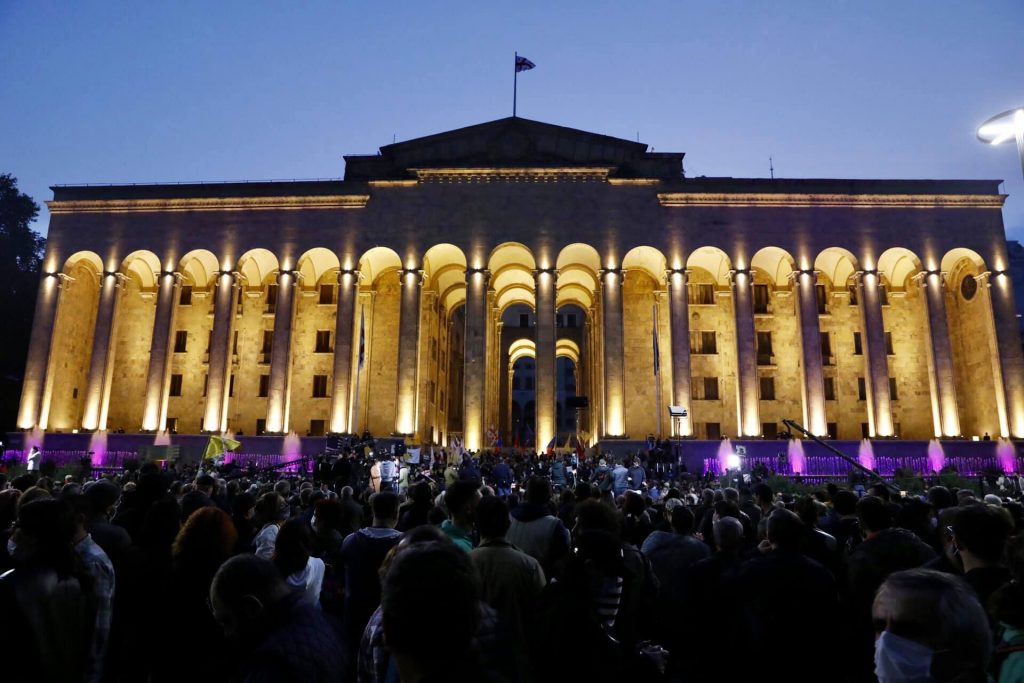Transparency International (TI) Georgia, a local watchdog, said on December 28 the ruling Georgian Dream party’s legislative initiative barring boycotting parties from state funding “does not meet democratic standards.”
Citing the European Court of Human Rights, TI Georgia argued that “the abolition of state funding will be a severe blow to opposition parties and make the political environment even more uncompetitive,” negatively affecting political pluralism.
The watchdog stated that legislative restrictions on political parties are a backward step for democracy, as Article 3 of the Georgian Constitution directly links parties’ activities to the formation and implementation of the people’s political will.
TI Georgia pointed out that before the July 2 amendment to the Law on Political Associations of Citizens, parties were not even required to receive parliamentary seats at all to be eligible for state funding.
TI Georgia also recalled that Irakli Kobakhidze and then-Public Defender Sozar Subari, currently GD MPs, both criticized the United National Movement-led Parliament when it introduced similar measures in 2008.
- EPP Slams GD-Tabled Bill Involving Opposition Restrictions
- U.S. Ambassador Hopes GD to Reconsider Bill Restricting Opposition
- Public Defender Condemns Bill Denying Funding to Opposition
The watchdog argued revoking election registration is a disproportionally severe sanction for the participation of an unauthorized person in the election campaign, taking into account is currently used in case of vote-buying, a criminal offense, or if a party is engaged in unconstitutional activities.
It further noted that the bill will grant the authority to the Central Election Commission, which was exclusive to the judiciary before.
The legislative package met criticism from opposition parties, the Ombudsperson Office, civil society organizations as well as international community.
GD majority leader Kobakhidze said the Parliament would send the bill package to either Venice Commission or ODIHR and wait for their assessments before proceeding with the second and third hearings.
As the foreign-facilitated talks aimed at mending the post-election political impasse were put on hold after MP Kobakhidze unveiled the initiative, all eight opposition parties that crossed the 1% threshold are still in boycott and refusing to take up their mandates.
This post is also available in: ქართული (Georgian) Русский (Russian)

